Urbanization is threatening global water supplies, but finding a way to balance expansion with sustainable water management between nature, people, and the city water infrastructure.


Urbanization is threatening global water supplies, but finding a way to balance expansion with sustainable water management between nature, people, and the city water infrastructure.
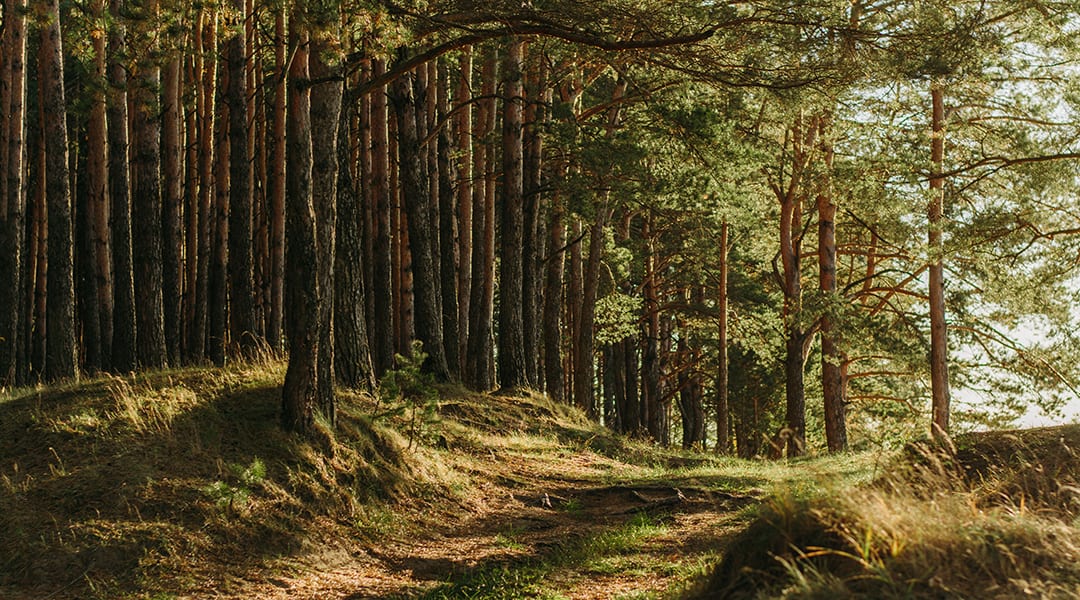
Nature is widely adapted to the current climate, making it harder to adjust to a new one.
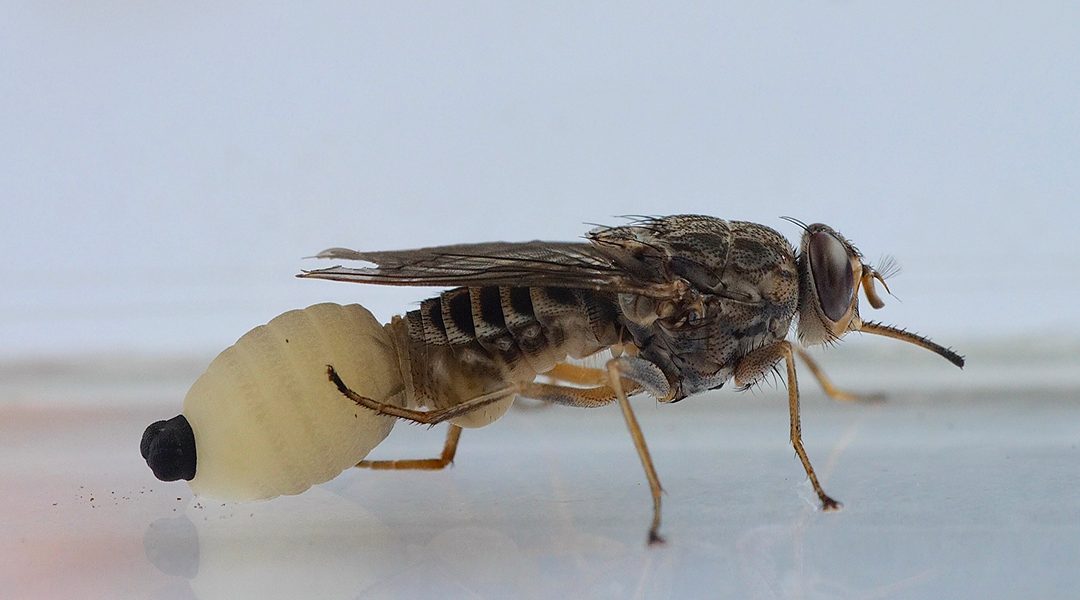
Tsetse flies, which miraculously birth young bigger than the mother, show us what science is about.
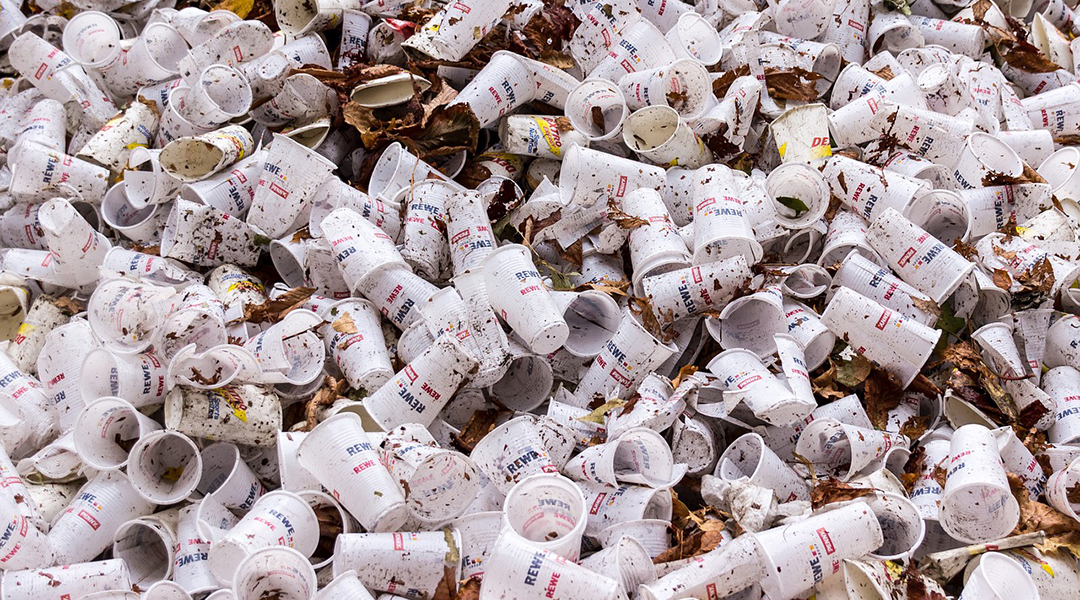
While plastic waste is an issue, its prominence in the general public’s concern for the environment is overshadowing greater threats.
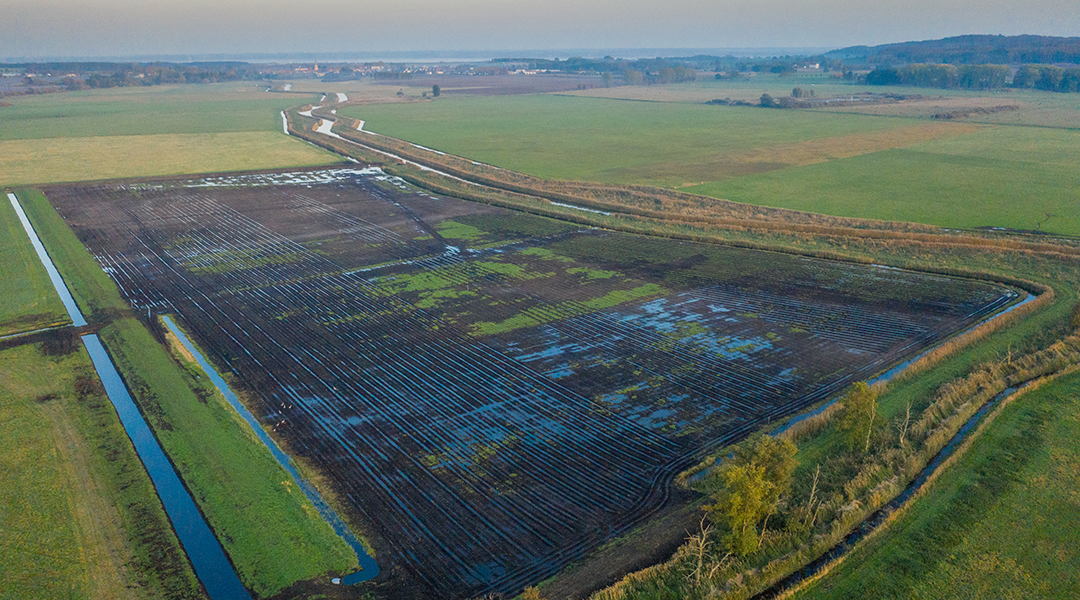
Peatlands are among the most valuable ecosystems on Earth but when damaged are a major source of greenhouse gas emissions.
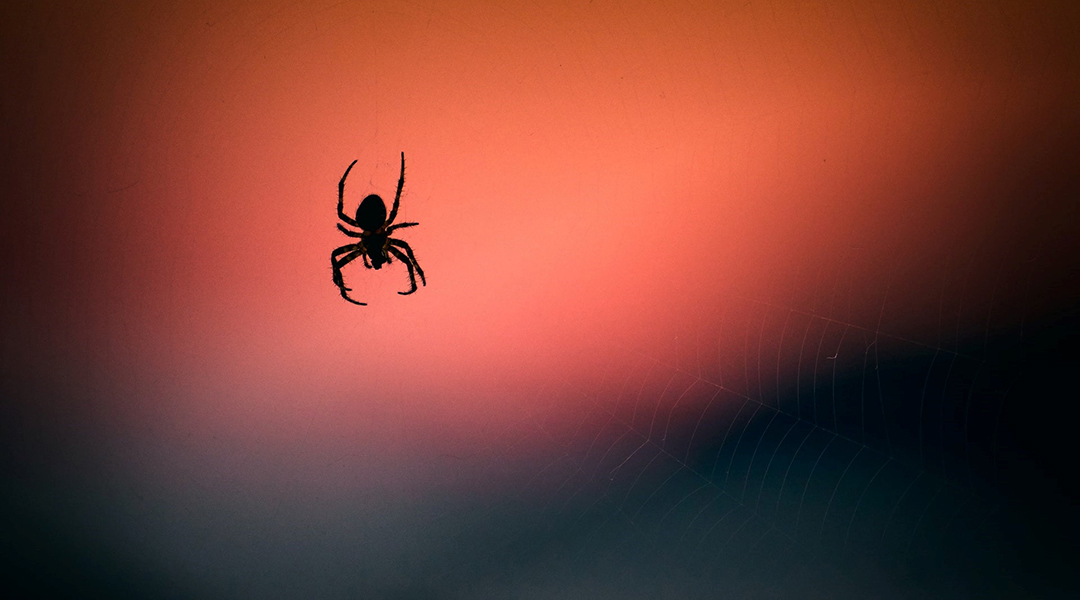
New research is uncovering the importance of small predatory species in shaping ecosystems and managing threatened populations.
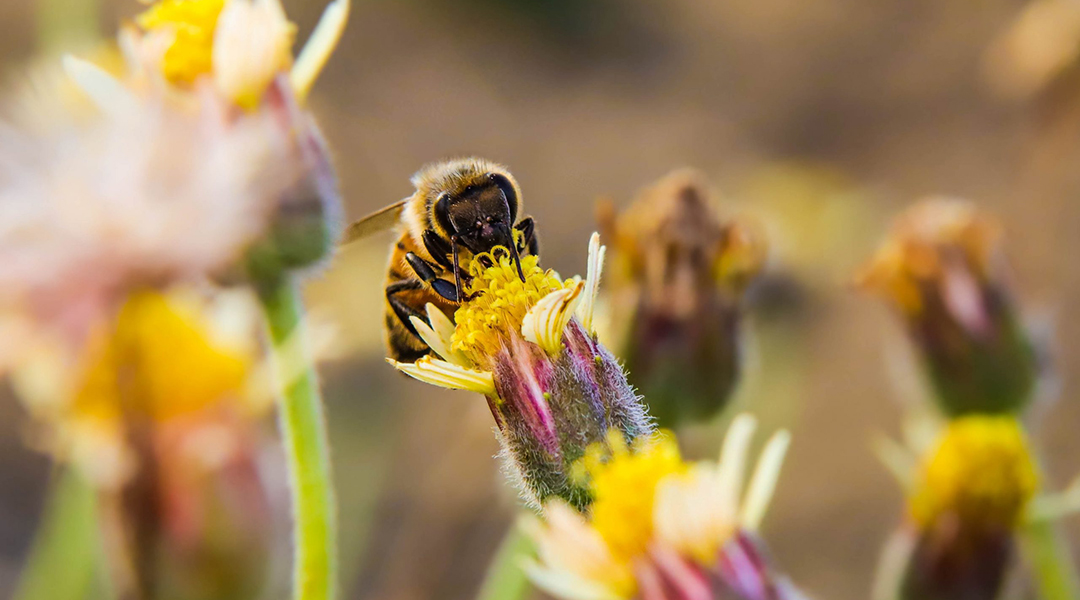
Spread of the giant Asian hornet (Vespa mandarinia) in the USA threatens honeybee colonies, and new analysis assesses the possible impact.
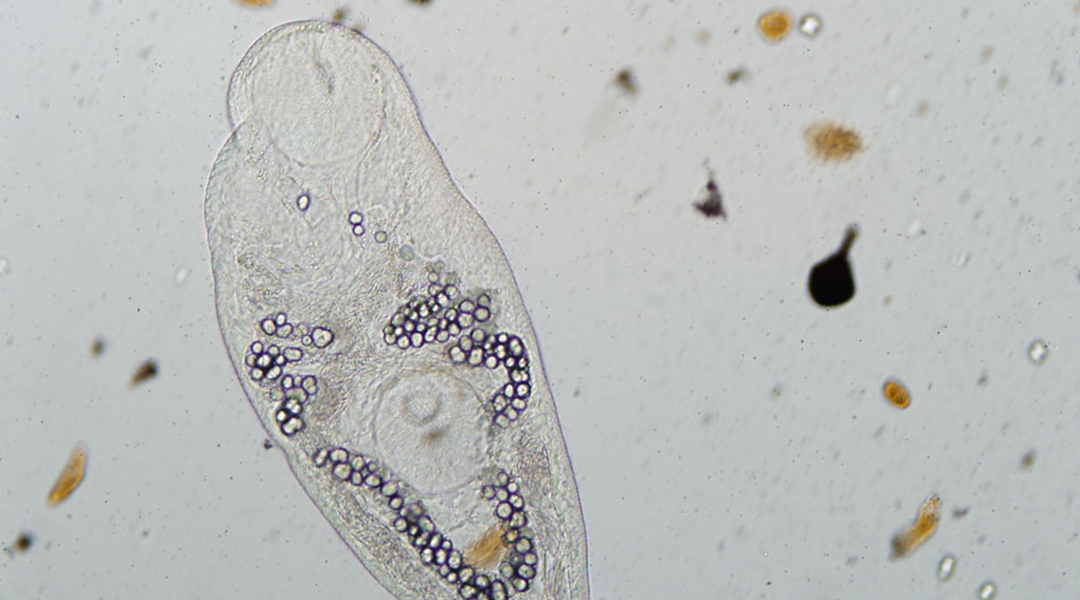
Parasites serve critical ecological roles, like regulating wildlife, and yet are mostly left out of conservation activities and research.

Unlocking the secrets of Pisolithus arhizus, which acts as an island of biodiversity in a barren thermal wasteland.

A growing bioeconomy requires increasing amounts of biomass from residues, wastes, and industrial crops for bio‐based products and energy.